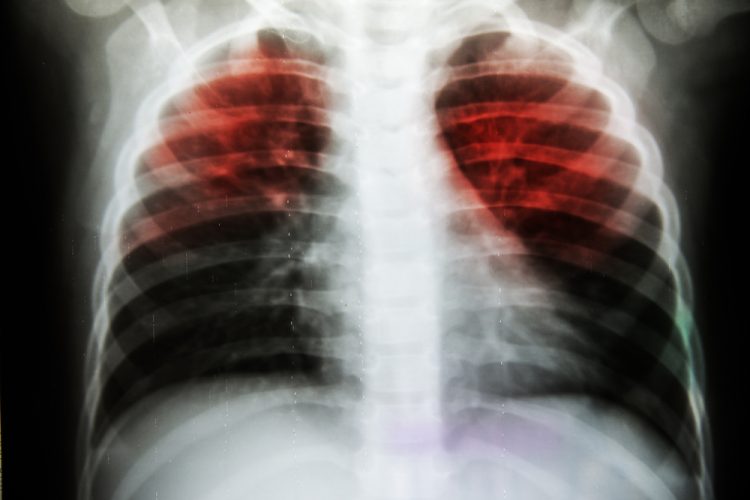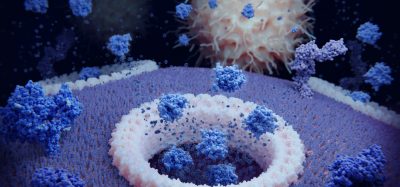Boosting immune cells could provide TB treatment
Posted: 28 June 2019 | Drug Target Review | No comments yet
A new study has identified a class of immune cells that respond to tuberculosis, indicating a drug target for the condition.


A report has identified a class of immune cells called innate lymphoid cells (ILCs) which mediate the body’s initial defence against tuberculosis (TB). Boosting this response may provide a new approach to developing treatments and vaccines against TB, according to the research team.
The researchers, from Washington University School of Medicine in St Louis, worked in collaboration with scientists at the Africa Health Research Institute, South Africa and other institutions.
ILCs can initiate quick, nonspecific responses against pathogens and mount protective immune reactions. In this study, researchers observed that among people who were infected with Mycobacterium tuberculosis (Mtb), the bacterium that causes TB, a subset of ILCs moved from the blood to the lungs, where TB infections frequently take hold.
Biomarkers aren’t just supporting drug discovery – they’re driving it
FREE market report
From smarter trials to faster insights, this report unpacks the science, strategy and real-world impact behind the next generation of precision therapies.
What you’ll unlock:
- How biomarkers are guiding dose selection and early efficacy decisions in complex trials
- Why multi-omics, liquid biopsy and digital tools are redefining the discovery process
- What makes lab data regulatory-ready and why alignment matters from day one
Explore how biomarkers are shaping early drug development
Access the full report – it’s free!
The investigators also tracked the activity of ILCs in several animal models. In mice with intact immune systems, ILCs homed to infected lung tissue and used messenger molecules to recruit macrophages to form protective granulomas, or small areas of inflammation, to suppress the infection.
“Group 3 ILCs (ILC3s) accumulated rapidly in Mtb-infected lungs and coincided with the accumulation of alveolar macrophages. Notably, mice that lacked ILC3s exhibited a reduction in the accumulation of early alveolar macrophages and decreased Mtb control,” the report states.
The human and animal data led investigators to conclude that ILCs play an early, pivotal and previously unappreciated role in TB immunity.
Increasingly, Mtb is resistant to conventional antibiotic treatments. While the Bacille Calmette-Guerin (BCG) vaccine can prevent Mtb infection in infants and young children, no vaccine is approved to prevent TB in older children and adults. Because ILCs seem to protect early in TB disease, the investigators suggest that probing the newly described pathway may yield novel approaches to TB treatment and prevention.
The findings were published in Nature.
Related topics
Drug Targets, Vaccine
Related conditions
Tuberculosis
Related organisations
Africa Health and Research Institute, Nature, Washington University School of Medicine in St. Louis








